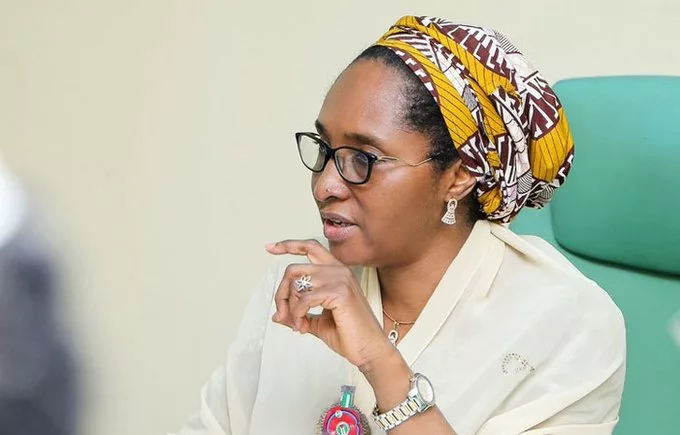Vision 20:2020 was a dream statement that Nigeria would become among the first 20 economies in the world by the year 2020. The 2020 goal was sequel to a research conducted by economists at an American Investment Bank, Goldman Sachs, a fall-out of which was a prediction that Nigeria would be in the league of 20 top economies by the year 2025. This was based on an assessment of its abundant human and material resources and on the assumption that the country’s resources would be properly managed and channeled to set economic goals. The then president, Chief Olusegun Obasanjo, next mooted the dream as Vision 2020.
Not only has the country failed to meet up with her own set goal, but has actually fallen in GDP value over the last ten years since she assumed the premier position in Africa in 2013.
It may be recalled that the rebasing of the economy in 2013 shot the country’s GDP up from $270 billion to $510 billion, Nigeria held the 26th position globally a few years later. That assent catapulted Nigeria to claim a share of sub-Saharan African GDP from 21.3 per cent to 31.7 per cent. Interestingly, since rebasing the economy that propelled Nigeria to the prime position of 26th in the world, and premiere in Africa, it would seem like the country has hovered about that position since then, far from the 20th position occupied this year by Turkey, which is approximately $700 billion. Today, Nigeria holds the thirtieth position globally.
Even more interesting is the fact that at the time of rebasing the economy in 2013, Nigeria’s GDP stood at $510 billion; as of date, the country’s GDP stands at $442.976, down by almost $60 billion. This is even as the country’s population increases by more than 2 per cent annually. The implication is that the country has become poorer in terms of GDP per capita.
There can be no gainsaying the fact that the fortunes of Nigeria have depended, and largely continues to hinge on the price of crude oil on the international market. It may be recalled that at the time of rebasing the economy in 2013, the price of Nigeria’s Bonny light on the International market hovered around $115.00 per barrel. As of the time of ascent to power of the current administration, the price of crude oil had fallen to below $70.00 per barrel. The situation has been exacerbated by the ruinous COVID-19 pandemic, which has impacted virtually the entire world economy. The general fall in the price of crude oil on the international market has impacted the southward path of the country’s GDP over the past half-decade.
No doubt, an economy that depends on one product for sustenance, in the case of Nigeria, crude oil, is exposed to economic uncertainties. The current administration has strived to diversify the economy, especially in the areas of agriculture, energy, and transportation. As a matter of fact, Nigeria’s GDP is mainly driven by abundant crude oil, finance, transport, and infrastructure. Sustained diversification will serve as a veritable economic buffer in the long term in the instance of falling crude oil prices.
We applaud the current administration’s efforts at diversifying the economy. We also call for sustained economic diversification. In that direction, we are positive that Nigeria will enjoy sustained GDP growth, independent of unstable oil prices.





